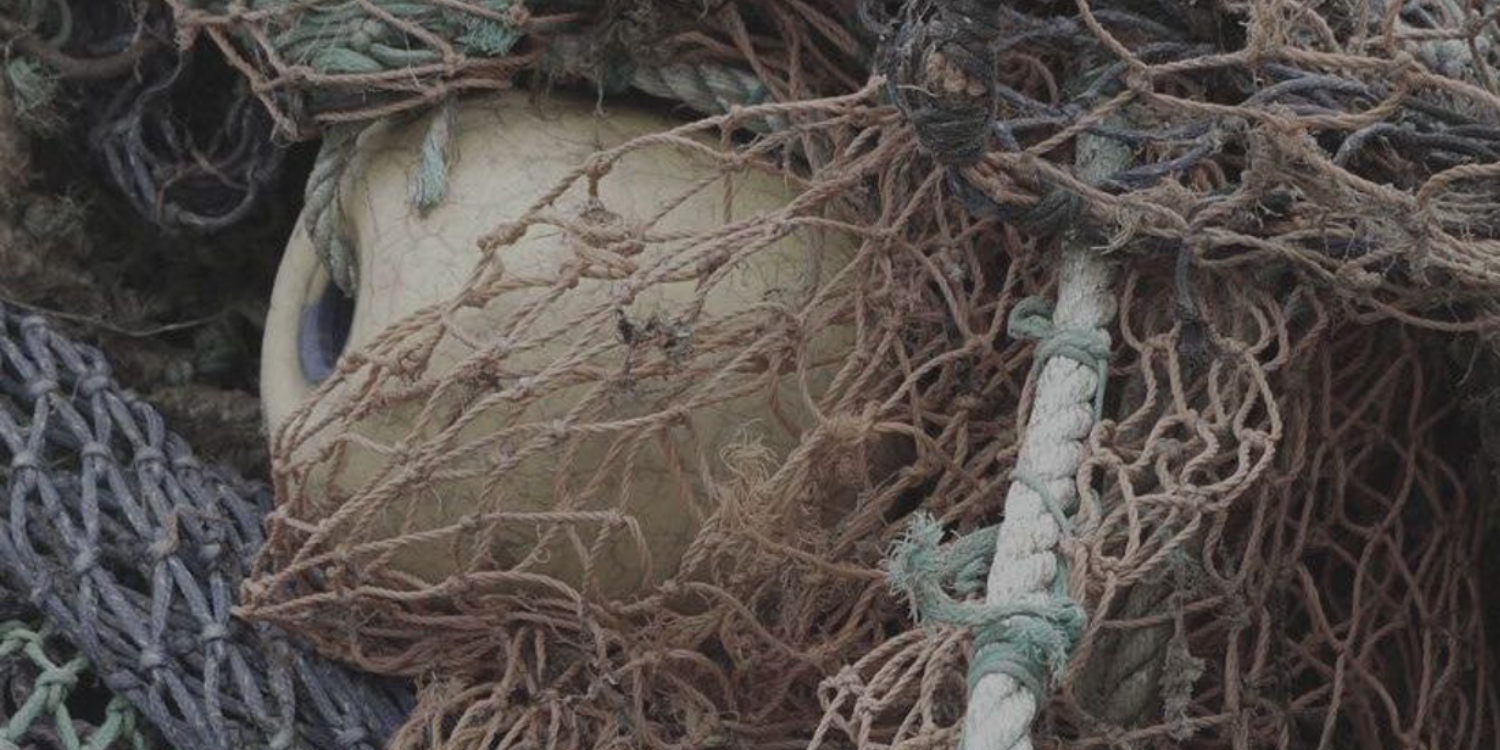
Trash, But Make It Fashion
Fashion as we know it is changing. Consumers are becoming more aware of the negative implications of the industry as a whole (not just fast fashion), and more and more brands are jumping on the sustainability bandwagon in order to satisfy the need for ‘green fashion’. Aiming to be a more "conscious" brand ourselves, we understand the need to walk the walk (rather than just talk the talk), by making our whole business model - from materials to manufacturing - more environmentally friendly. One of the many ways we’ve managed to achieve this goal is by sourcing a high-quality, recycled fabric named Econyl to bring our designs to life. As such, we want to champion the ways other sustainable brands also paving the way for a reformed fashion industry, by using recycled materials (such as plastic bottles) to create something new, creative and luxurious. Welcome to the era of Trashion - where waste meets regeneration.

Born in Stockholm, Charlotte Bialas moved to Paris in the 70s in pursuit of a career in fashion, setting up her eponymous label in the heart of St Germain in the 90s. Now, Charlotte Bialas creates womenswear using patterned silk off-cuts from some of fashion’s elite houses, creating luxurious garments that have helped reduce fashion waste by saving high-quality scraps destined for landfill.
‘Eco-friendly and ethically made’ is the Organic Basics motto - a Danish mens and womenswear brand based in Copenhagen. Creating clothes that are made to last, this minimalist brand creates easy-to-wear basics that blend simplicity with high functionality. Organic Basics is so committed to reducing environmental impact that they allow customers to buy climate credits through their website, which go towards offsetting carbon in developing countries. So, you can easily offset an international flight or your day-to-day activities easily.
Created by American designer, Karen Glass, Ø’s commitment to zero-waste is second to none. By designing womenswear around the values of being mindful towards the environment and accountability of actions that affect the world around us, Ø has managed to build a sustainable production model that reuses all fabric scraps to create new clothes, as part of visual art, or to create locally hand-made paper.
Sustainable womenswear brand, Dagny, was born from the founder, Christina Castle’s frustration at the sheer amount of waste produced by the fashion industry. The word dagny means ‘new day’ in Swedish - a theme of new beginnings that’s carried through each colourful collection. Crafted from surplus fabrics or eco-friendly materials such as Tencel, Dagny’s dresses are colourful, stylish and design-led without compromising on sustainability.
A zero-waste business model was always a non-negotiable for this Brussels-based label; innovating their own pattern drafting system in order to ensure not a single scrap of fabric ends up on the cutting room floor. This special technique measures out fabric into rectangles of differing sizes, that fit together like a grid - the design is then finished on a model directly to ensure both the fluidity of the finished piece but also a garment that has produced no excess fabric waste.
Branding themselves as ‘the only sustainable hosiery brand’ in the market, Swedish Stockings backs up its big claims by using solar power and renewable energy to power its production, purifying production water for reuse and using only recycled and sustainable materials. Pre and post-consumer nylon waste (everything from fishing nets to clothing and carpets) form the basis for these high-quality tights, and Swedish Stockings even has its own recycling club, giving a discount when you send them three old stockings (from any brand) to recycle.
Founded in 2009 with a strong ethos for helping the planet (#thereisnoplanetb is their hashtag), Ecoalf is a Spanish fashion brand with a hope for a greener future. Recycled plastic bottles are the materials of choice for Ecoalf, with over 200 million tons of plastic recycled since its inception. These plastic bottles are mostly upcycled from the ocean floor and so not only do they provide a zero-waste material for their collections, but also contribute to Ecoalf’s ocean clear up initiatives in Spain and Thailand.


Leave a comment
This site is protected by hCaptcha and the hCaptcha Privacy Policy and Terms of Service apply.